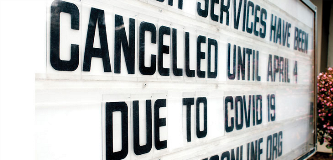
Writing in NLJ this week, Mills & Reeve lawyer Charles Pigott discusses the regulations and their impact on redundancy pay. While they have gone some way to clarifying the application of the rules on calculating a week’s pay to furloughed employees, Pigott says ‘their very complexity underlines the fact that these rules are unnecessarily elaborate’. See here.










